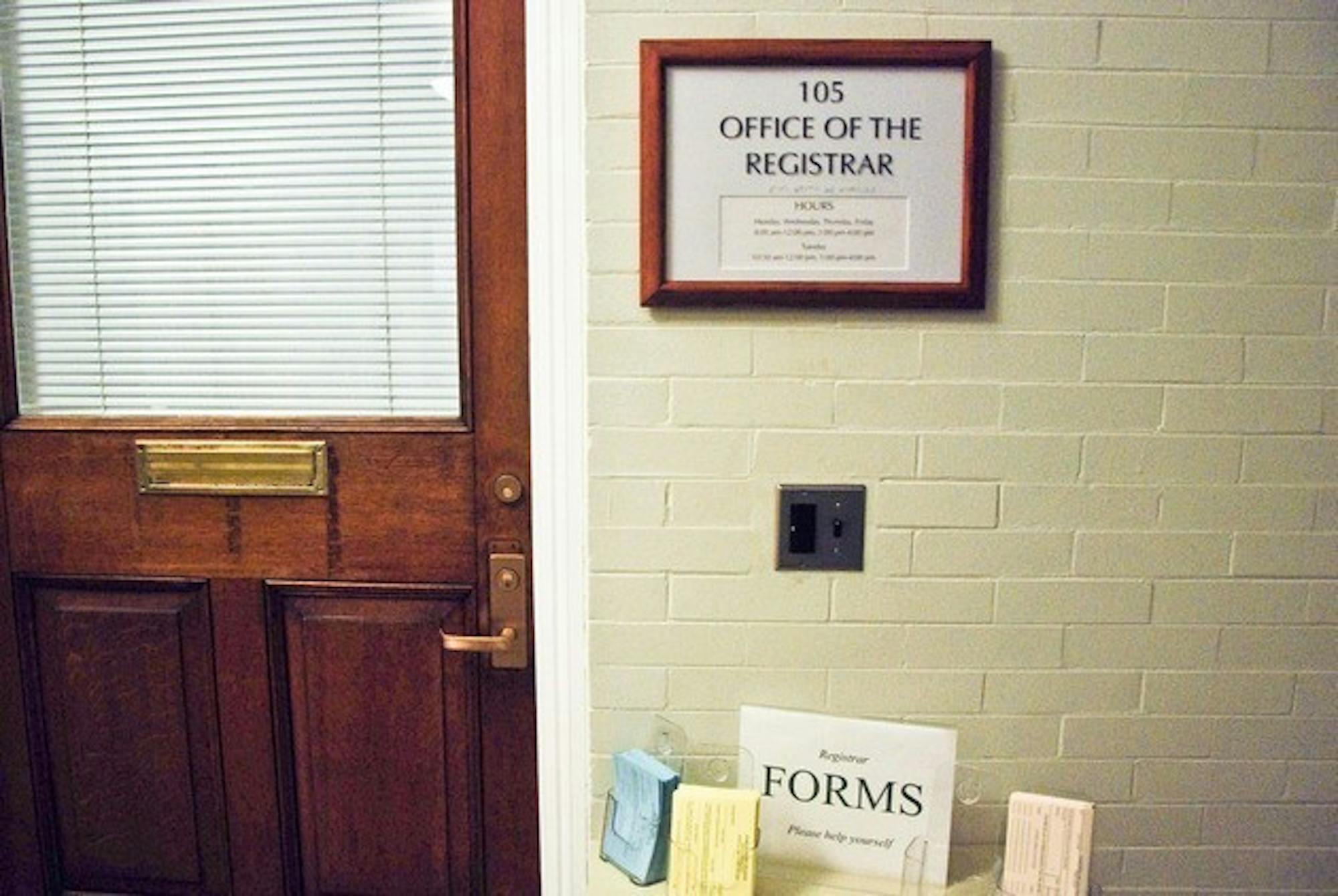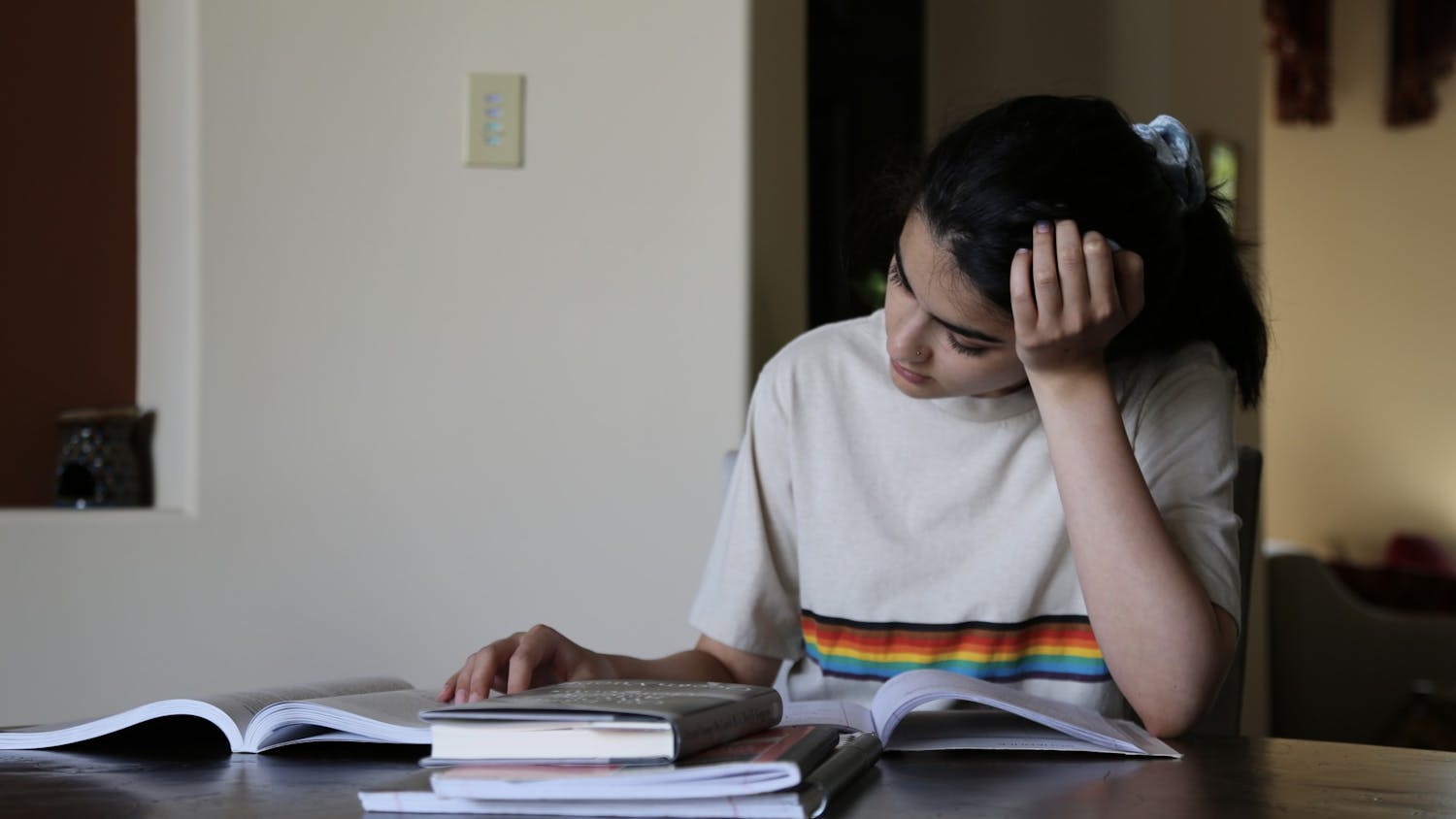Professors and students are discussing COVID-19 in a variety of classes this term. After the College removed some courses from the course catalog following the move to remote learning, several departments began offering new classes centering on the COVID-19 pandemic, and other pre-existing courses have incorporated pandemic-related topics into their curriculums.
Government professor Joseph Bafumi, for example, designed his course GOVT 83.26, “Public Policy and Pandemics” to put the current pandemic in the context of historical readings.
He said the class will examine historical examples of policy during past epidemics and pandemics, as well as how the current response to the pandemic has developed, whether or not it has been strong and what policies should be implemented moving forward.
Bafumi added that later in the term, the class will work together to “think about how to anticipate future crises better.”
Despite the shift to online courses, there was little change to either the number of courses offered for spring term or the number of students enrolled. As of March 30, 682 courses are being offered for the spring term, similar in both content and number to those offered in the spring of 2019, according to an email statement from registrar Meredith Braz. Braz added that there are around 80 more students enrolled this term than were enrolled during last year’s spring term.
Since Dartmouth’s term began on March 30, the College had time to adjust and offer new courses after the decision to move online, unlike many colleges that had to shift online mid-semester. The course catalog was updated “continuous[ly] ... until just before add/drop open[ed]” following the decision to go remote, according to the registrar’s Spring 2020 Student FAQ Page. The new list reflected some courses that had been canceled due to the new online format and others that had been newly added.
Jessica Cheng ’23 said that her first-year seminar, ENGL 07.49, “Secret History,” was canceled, although the reason for the cancellation was “not explicitly stated” in the email to its students. Additionally, LATS 37, “Migrant Lives and Labor in the Upper Valley,” which typically involves collaborative projects with local migrant dairy farmers, was canceled after professors were unable to organize the experiential aspect of the course due to the shift to remote learning. In the history department, six of the original 21 courses were canceled or rescheduled.
Bafumi was originally scheduled to run the government department’s spring domestic study program in Washington, D.C., which was canceled due to the coronavirus outbreak. Though he said that he had no obligation to teach this spring once the DSP was canceled, he decided that a course on public policy and disease outbreaks was important in today’s circumstances.
“Right now, the public policy that is of great interest to everyone is the [policy response to the] pandemic,” Bafumi said, adding that he saw a need for a course on the topic.
Director of the Dickey Center for International Understanding Daniel Benjamin also designed a course in response to COVID-19, titled GOVT 40.27/HIST 36.02, “Epidemics in History.”
He said that current events have provided a “unique situation” for students to “be connected to ... history through their current experiences.”
Benjamin cited his own experience studying pandemics with the U.S. State Department as a motivation behind the course. He said that he worked on pandemic-related questions in the late 1990s, when the issue of biological warfare became prominent.
“I feel like I’ve had an introduction to this subject that not many have had, and I think it’s an absolutely hugely important issue,” Benjamin said. “The fact that the country’s being this surprised by this outbreak when lots of experts have been expecting a pandemic for some time seems to be noteworthy, and anything we can do to make the whole situation more comprehensible to students seems to be really important.”
In spite of the transition to a remote format, Benjamin expressed that he has been “really pleased” with faculty participation. He said that at least 20 faculty members and guests will be guest lecturers for his course this term.
“I’m sure [that amount of participation] is pretty unprecedented in recent decades,” Benjamin said. “I really feel like that makes for a terrific experience.”
Other courses, like chemistry professor Jane Lipson’s first-year seminar CHEM 07.03, “What’s to Become of Us? How Classic Science Fiction Predicts Humanity Will Cope with a Damaged World” has been offered in previous years and was already scheduled to be taught during the spring term. COVID-19 brings the course new relevance.
“The pandemic has given fresh importance to the conversations, and I think everybody’s responses are informed by what we’re all experiencing in a day-to-day way,” Lispon said. “I think the topic of the course in some ways, unfortunately, is particularly relevant.”
Lipson emphasized that although COVID-19 is related to the class, she is careful not to focus too heavily on the topic to remain respectful of the experiences of different students.
“I want to be sensitive because I don’t know what people’s personal situations are,” Lipson said. “They may be in really difficult situations, and it may not be something that they want to bring to bear on this class. Maybe this class for some people is a chance to step outside what’s currently happening.”
Zoe Chandra ’21 enrolled in government professor Brendan Nyhan’s GOVT 83.21, “Experiments in Politics” class, a course that existed prior to the COVID-19 outbreak but has now incorporated pandemic-related content.
Chandra said the course has been able to use pandemic-related data to apply course concepts. She added that she has enjoyed the opportunity to “do coursework on a topic that’s playing out right now in real time.” She explained that the course has spent time examining the news and discussing studies related to misconceptions about COVID-19.
“It’s really interesting to be able to hear my parents watching something on the news at home and know that the numbers behind what they’re hearing about aren’t particularly accurate because I’ve studied that in class,” Chandra said.
Correction appended (April 6, 2020): A previous version of this article misspelled Bafumi. The article has been updated to reflect the correct spelling.




